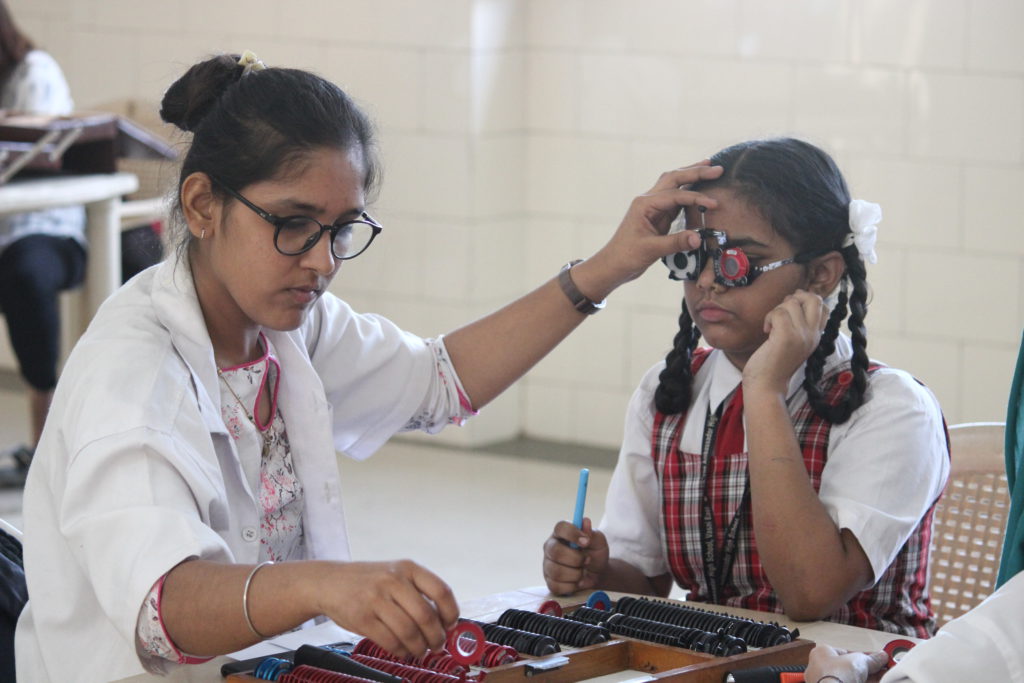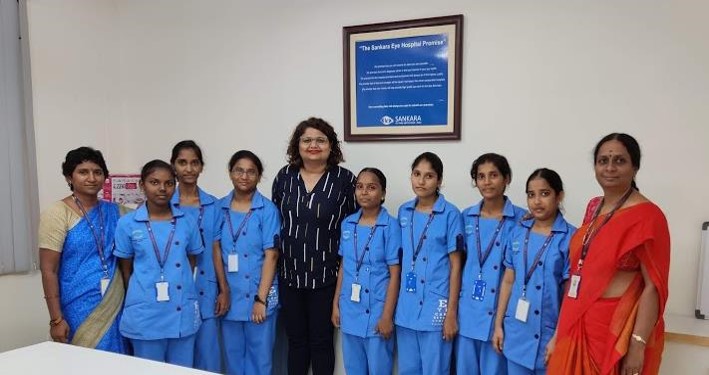
When I came across World Bank report on “Labour Force Participation Rate 2018” stating that there are fewer women working in India compared to 36.7% in 2005 to 26% in 2018. I thought to myself; India being the world’s fastest-growing major economy and a well-educated workforce is driving a bike with a single tyre leaving behind more than half of their women in the race to lead global economics. Even the United Nations’ Sustainable Development Goals (SDGs) agenda for 2030 highlights that engaging women in the workforce will be a key factor that will help achieve future growth aspirations. The reduction of women in workforce is directly linked to lack of education, access to quality education and a digital divide. Set of underlying social, economic, and political barriers limit opportunities for women.

A Win Win Proposition
A comprehensive article by Deloitte suggested that if we have to usher the fourth industrial revolution it will be done with gender equality and reduction in gender disparity by allowing women to get enrolled in the education ecosystem, which has a set of system strengthening initiatives, including the introduction of digital and STEM (science, technology, engineering and mathematics) education in schools. This will empower them and introduce women to various career choices. On the personal front, with my experience of more than 13 years in the eye health sector, I could not stop thinking that what if, we have more women joining this wonderful sector. It’s a humanitarian service-oriented meaningful job which will not only enhance their socio-economic status but also help in eradication of preventable and treatable blindness from India. It is a win-win proposition.

From Striving to Thriving
Currently, India houses around a fourth of the world’s blind people. As many as 8.8 million people in India were found to be blind in 2015 and another 47.7 million people had moderate and severe vision impairment, according to a study published online by The Lancet Global Health journal in August, 2017. One of the biggest challenges which we are currently facing in delivering quality eye care is lack of institutionally trained and technically skilled eye care professionals like Ophthalmologists, Optometrists and Allied Ophthalmic Personnel to name a few. Women can be a part of this thriving sector as we can see from the recent data that there is a dire need of increased workforce to tackle the burden of blindness and visual impairment. Virtues like higher emotional intelligence, multitasking and problem solving attitude makes a woman an ideal candidate for eye health care sector. They will get a chance to positively influence people’s lives on an everyday basis, and a handsome remuneration will help more women to be financially independent.
Mission Saksham - Encouraging Women Empowerment
Mission for Vision encourages participation of young women in eye care through its Mission Saksham programme. Mission Saksham focuses on building the Allied Ophthalmic Personnel (AOP) cadre in India and this this initiative enables training courses to rural youth, especially women from socio-economically challenged communities, at no cost. The programme eventually leads to livelihood opportunities for them, thereby paving their path towards equality and empowerment. Along with the course skills, the programme also improves the candidates’ soft skills, builds their confidence and empowers them with transferable skills that are useful for their career ahead.
In conclusion, eye care sector has multiple opportunities for women to thrive. When we educate our young women, we not only empower them to participate in social, economic and political decision-making but also positively impact their families, communities, and next generation of talent.
There is a beautiful proverb in Marathi language which sum-ups the discussion well - ‘Mulgii shikli pragati zhaali’ (when we educate a girl, we are on the path of progress). Let us imbibe this line in reality and encourage our girls and women to take up careers in the eye care sector, so that we can fuel India’s economic growth faster and in a sustained manner.
About the Author:Sweta Patel is a Senior Manager in the Programme Impact department at Mission for Vision (MFV). Sweta is responsible for leveraging her vast optometry expertise and experience for community eye service delivery projects undertaken by MFV. She also leads the Mission Saksham project which has been conceptualised to address the lack of Allied Ophthalmic Personnel cadre in India.

